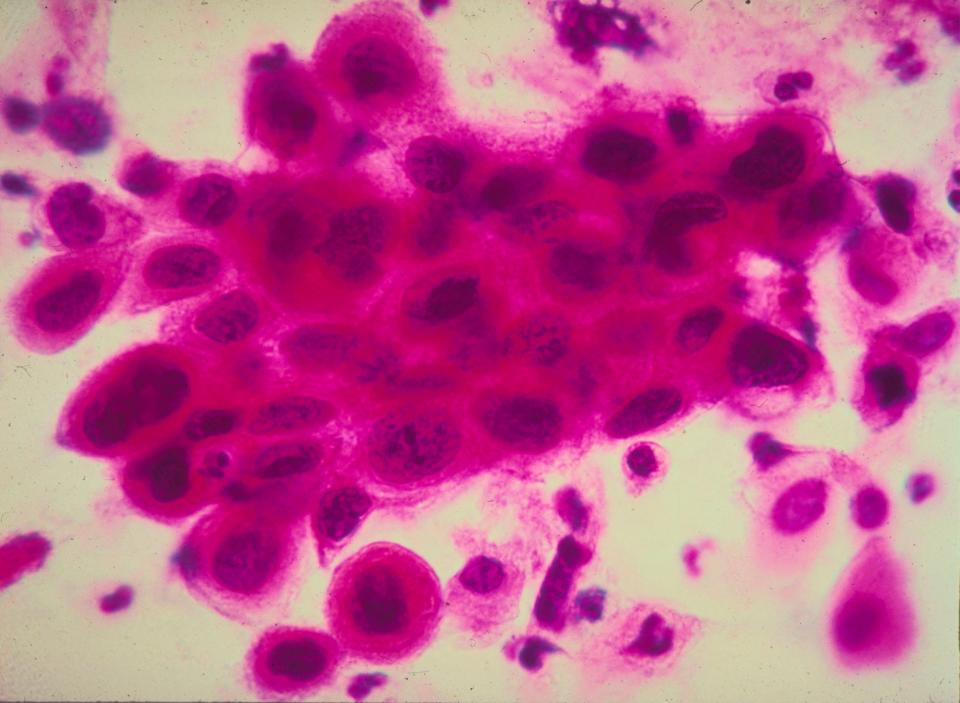Cancer researchers working through night to catch up after pandemic forced labs to close

Amount of scientists who could access labs plummeted by nearly 30 per cent after most recent lockdown was declared
(Getty Images)Cancer researchers are being forced to work all hours of the day and night to make up for the time they lost when labs were forced to close during the pandemic.
The Institute of Cancer Research found 28 per cent are now working unsociable hours to catch up on missed time — with many working from between midnight and 8am.
Researchers at the organisation demanded financial support to stop a two-year delay in cancer patients seeing progress.
Issuing a warning a year since labs first shut their doors, the Institute of Cancer Research said Covid chaos has curbed progress on discovering new cancer treatments.
The amount of scientists who could access labs plummeted by nearly 30 per cent after the most recent lockdown was declared.
The Institute of Cancer Research, which is one of the most influential organisations of its kind in the world, said research grants from charities had been axed by around £8 million - with more cuts expected in the future.
Professor Paul Workman, chief executive of The Institute of Cancer Research, said: “The coronavirus pandemic has posed the greatest threat to cancer research in generations.
“I now fear that when our researchers predicted in the autumn that advances for cancer patients could be delayed by nearly 18 months, it was an underestimate. Without extra funding to address the effects of the pandemic and plug holes in research budgets, cancer patients could end up waiting an extra two years to benefit from research discoveries.
“It’s great that science is now helping us get out of lockdown and begin to return to normal, but unfortunately cancer hasn’t been waiting for us – it remains as big a challenge as ever.”
He said they require as much support as they can get to make sure researchers can catch up on “lost ground” in discovering new treatments - adding “cancer won’t wait.”
Professor Jessica Downs, Deputy Head of Cancer Biology at The Institute of Cancer Research, London, said: “Science has always been a bit of a 24/7 job sometimes involving coming in overnight or on a weekend, but this is now very much more the norm. The team has adapted terrifically, but we’re still probably losing about a day a week each.”
Labour recently called for an NHS rescue plan after almost 330,000 cancer patients waited longer than they should since the start of the Covid crisis.
While a recent study by Breast Cancer Now found nearly 11,000 people in Britain could be living with breast cancer that has gone undiagnosed due to the pandemic interrupting services.
The report estimates around 10,700 fewer people around the country were diagnosed with breast cancer between March and December 2020 due to the public health emergency - with researchers warning in the worst cases, some women could die due to having their cancer diagnosis postponed.
Breast cancer is the most prevalent type of cancer in the UK and the disease claims around 11,500 women’s lives every year. While one in seven women in Britain will develop breast cancer at one point in their life – with one woman diagnosed every 10 minutes.
Read More
CNN anchor cries as she reads co-worker’s tribute to son who died of cancer
Volunteers to be reinfected with Covid-19 to help improve vaccines

